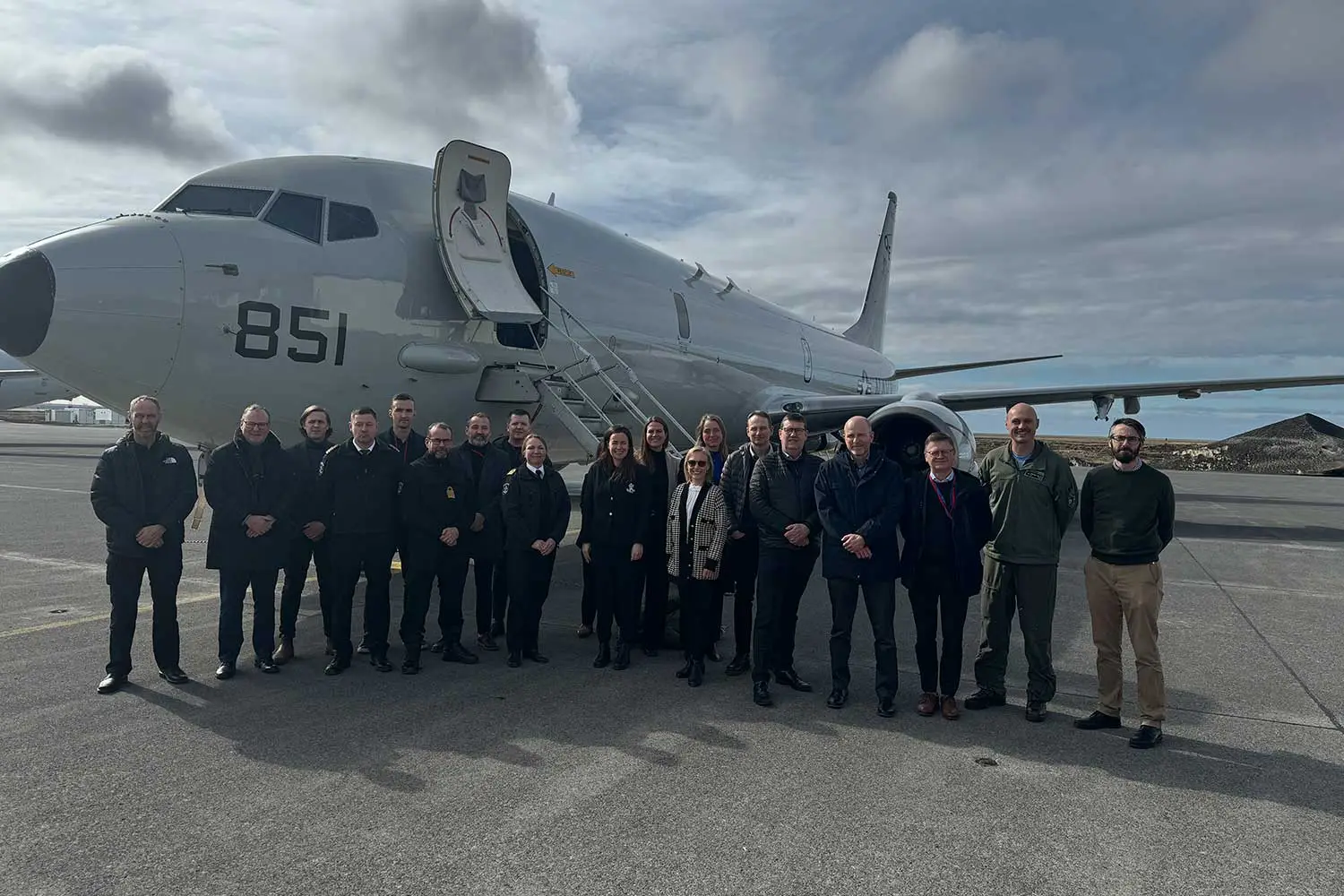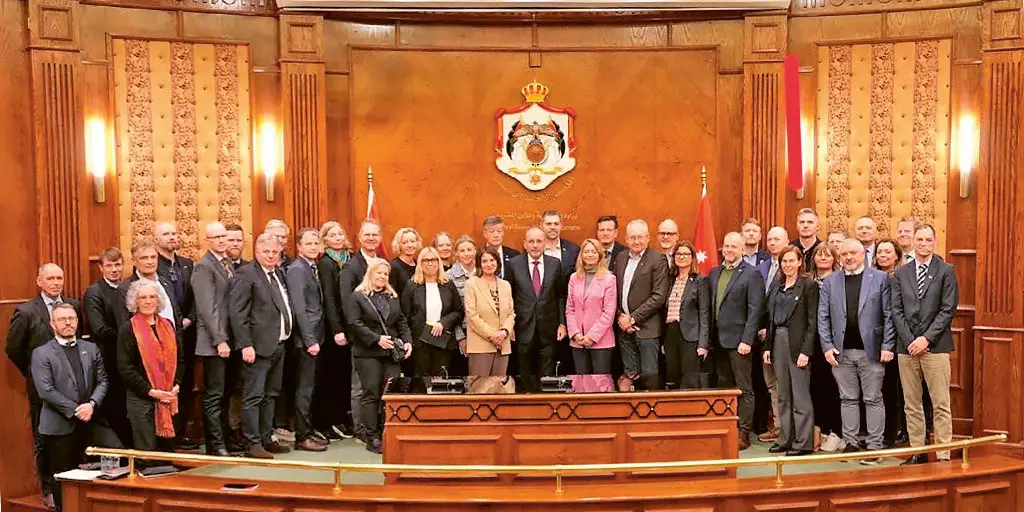Our autumn issues will include introductions to Nordic courses similar to the Finnish Defence Course.
Iceland
Námskeið VMS/SAR í öryggis- og varnarmálum
Senior Executive Course on Security and Defence

Photo: Island’s MFA / Directorate for Defence
Iceland’s approach to national defence is shaped by its unique context: no standing armed forces and thereby no dedicated defence education institution. Defence cooperation is managed by the Ministry for Foreign Affairs (MFA), with the Directorate for Defence leading policy and international engagement through service agreements with the Icelandic Coast Guard and National Commissioner of the Police, who conduct defence related tasks.
To build strategic capacity, the Directorate launched the Senior Executive Course on Security and Defence in 2023, inspired by Norway’s Sjefskurs. Developed with the Ministry of Justice, the course fosters cross-sectoral dialogue and strategic awareness. The pilot session in November 2023 was a strong success, confirming the need for continued investment in this space.
Held twice annually (April and October), the five-day course brings together 16–20 participants from across government, industry, academia, media, and civil society. Participants include representatives from MFA and other ministries, the Icelandic Coast Guard, the National Commissioner of the Police, parliamentary staff, NGOs, and private sector.
The format features short lectures (20–30 minutes) followed by interactive discussions (30–40 minutes). There are no exams or assignments, and the emphasis is on strategic thinking and peer learning. The course’s greatest strength lies in the networking and peer exchange it fosters across sectors. While interest in a “total defence” approach is growing, a significant knowledge gap in defence remains.
The course has grown organically, driven by word-of-mouth and alumni enthusiasm. Former participants are now invited to closed sessions with visiting experts and distinguished guests, helping to build a sustained community of practice. The Directorate aims to expand participation to underrepresented sectors, strengthen alumni engagement, and develop talent pipelines.
Norway
Sjefskurset ved Senter for strategiske kurs
Centre for Strategic Courses, Institute for Defence Studies

Photo: Centre for Strategic Courses
The Norwegian Defence University College (NDUC) was established in 1949. The first regular course was held in 1955, serving as the predecessor to today’s Senior Executive Course. In 2018, the NDUC expanded to include all war academies, officers’ training courses for the various branches of the Armed Forces, as well as the staff college.
The Centre for Strategic Courses has a small, dedicated team comprising one Director, Mr Odd Reidar Humlegård, two Administrative Officers, and five Senior Faculty Advisers seconded from the Armed Forces, the Ministry of Defence, the Ministry of Foreign Affairs, and the Ministry of Justice and Public Security. One of these advisers concurrently serves as Deputy Director.
The Senior Executive Course, the flagship programme, spans three months and is held twice yearly. It brings together 34 participants from ministries, state agencies, the Storting (Parliament), private business, media, academia, and civil society. Participants typically hold key managerial positions. The Armed Forces are represented by ten senior staff officers, ranging in rank from Lieutenant Colonel to Brigadier, all of whom are candidates for further promotion.
The Senior Executive Course provides a broad understanding of Norwegian foreign, security, and defence policy, as well as multilateral organisations, geopolitics, and international trends. Key emphasis is on cooperation between the public and private sectors, organisations and decision-makers to prevent and manage serious incidents and crises, while strengthening civil protection and national and regional preparedness.
In addition to the Senior Executive Course, the Centre also conducts a week-long Total Defence Course and a two-week Strategic Crisis Management Course.
Upon completion of the courses, participants will have enhanced knowledge of:
- Global trends in technology, energy, climate, the economy, demography, and the role of international organisations and actors.
- Norwegian foreign, security, and defence policy interests.
- Civil protection, preparedness, crisis management, and the roles, responsibilities, and resources of national and regional actors.
Courses encompass a combination of lectures, seminars and national and international study visits. Active participation is expected, with course members contributing through case studies, scenario exercises, and structured discussions, both in plenary and in smaller groups, conducted under the Chatham House Rule.
The various Senior Executive Courses organise frequent meetings among its alumni. Recently the NDUC has also increased its awareness of the importance of alumni networks, organizing a biannual event for all former participants. In addition, the Alumni organisation (where similar overseas courses such as the NATO Defence College in Rome also qualify for membership) uses NDUC premises to organize its activities.




